Sunset Mesa Funeral home was shut down by the FBI when the owner was accused of cremating and harvesting bodies without permission. The business did not keep the required records and returned cremains to families that were not their loved ones.
The FBI reached out to Colorado Mesa University for help in determining cremains on the cases that they chose to not use for investigation.
“We are not really working with or for the FBI,” Melissa Connor, director of the CMU Forensic Investigation Research Station and professor of forensic anthropology, said. “The FBI is asking families to contact them and they will go through which ones are the strongest for legal cases and then will recommend the ones that aren’t to contact us. They sensed the need that there will be questions besides the investigation and they reached out to us through John Marshall, who is their point of contact for the university, because they thought we would have the expertise and be available to help the community.”
The students and faculty who will work on this are volunteering their time. There are multiple aspects to this process that involve not only the forensic students but also the social science students.
“Social work students will get to work with people who have had a loss and the intake and return of the remains the social work students will be working with the families. Our students will get to experience things that we don’t address directly in class, bone, non-bone and cremains, and they are going to need to step that up,” Connor said.
It will be in the early summer before the FBI begins to recommend families to the CMU volunteers.
“It is something in the future and something I’m very happy to have time to prepare for so we can figure out exactly what the protocols are, exactly how we are going to address intake, what’s the paperwork, what’s the procedure, what’s the first thing we are going to do,” Connor said. “The first thing we will try to do is determine if it is bone or not. If it is bone, it is unlikely we will be able to tell it is human and it is certainly unlikely we will be able to tell it is a specific individual. I’ve already got students that are working on protocols for different aspects because we are going to have to have everyone doing the exactly the same thing the exact same way. So we are going to have to write that down.”
For every set that they look at there will be a written report. Therefore, the volunteers are going to have to set up a database and then go back in and individualize each case.
“I’m going to have to check all of them at some point. For forensic science I like having every report we do to countersign it,” Connor said.
After looking at the cremains and filing a report the next challenge is figuring out the steps the social work students will follow to return the cremains back to the families.
“I want to work out a smooth process before anyone walks in the door,” Connor said.
With time to prepare, the students and faculty volunteers are already giving time to figure out the best process at each step.
“I am really pleased with the willingness of folks to work and reach across departments to work together and those students and faculty volunteering their time,” Connor said. “We have a lot of expertise at this university and I’m glad we can use it for something like this. I see it as a great opportunity for us to show off a little bit, but the focus is on how we can help the community answer questions and it is also on the students and what experiences we can give them.”



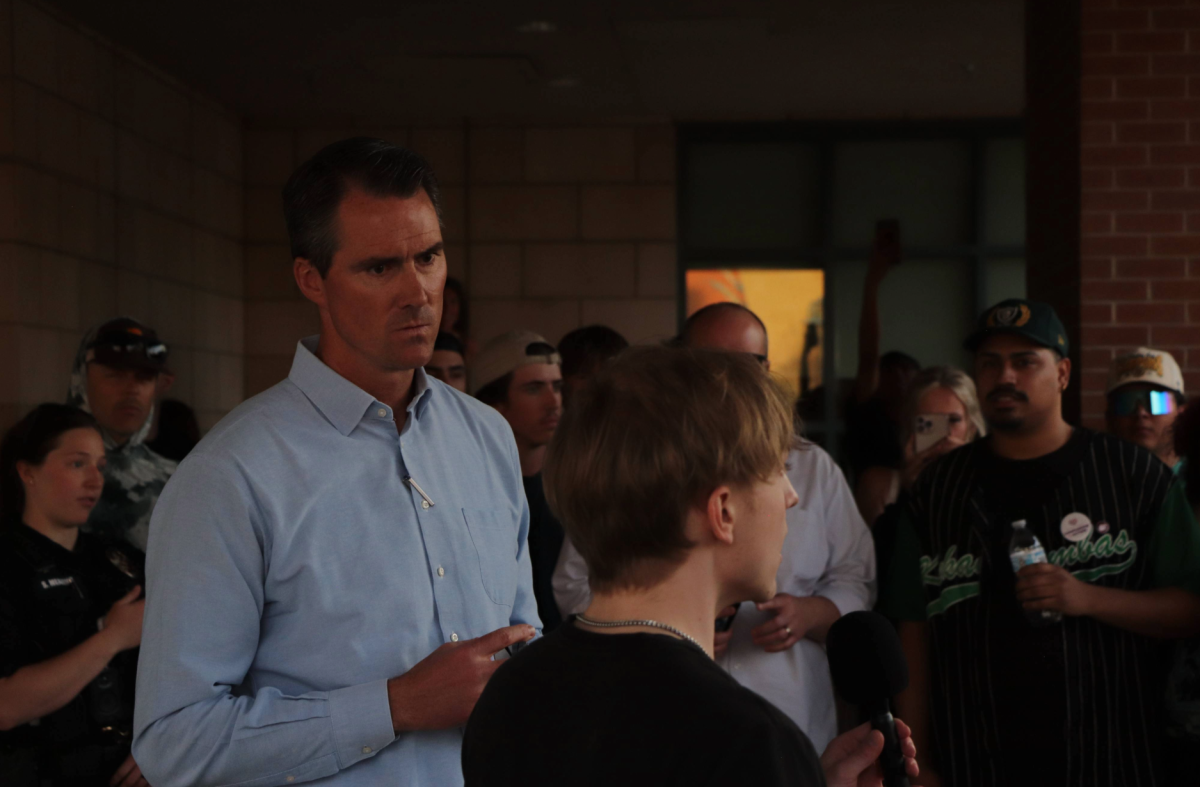

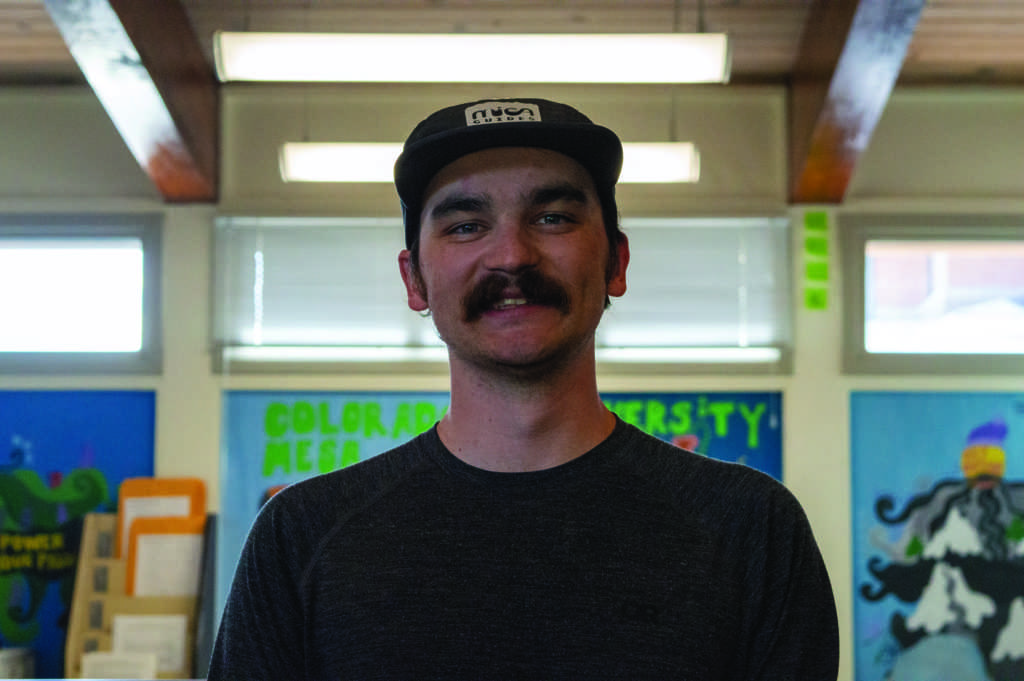
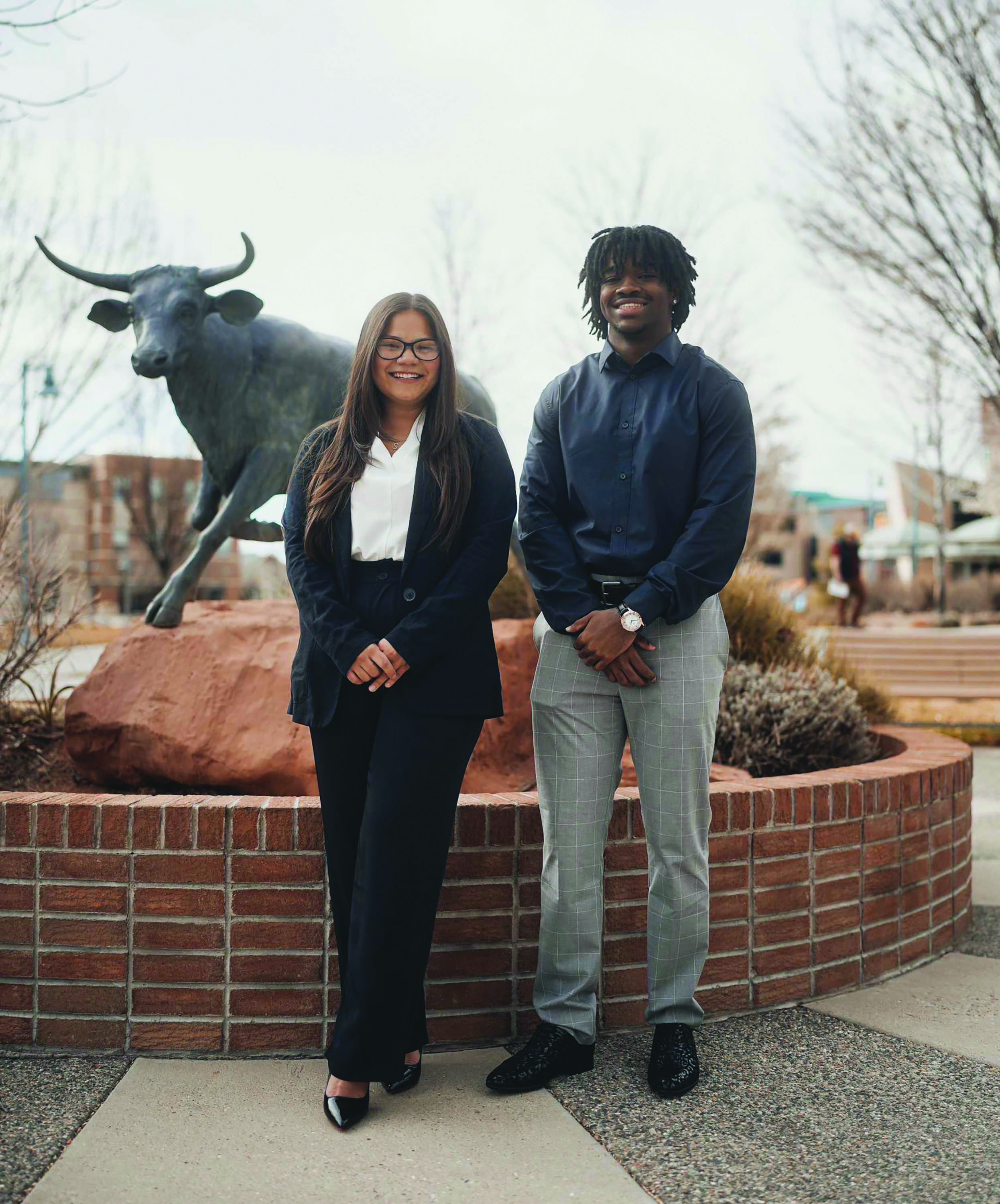
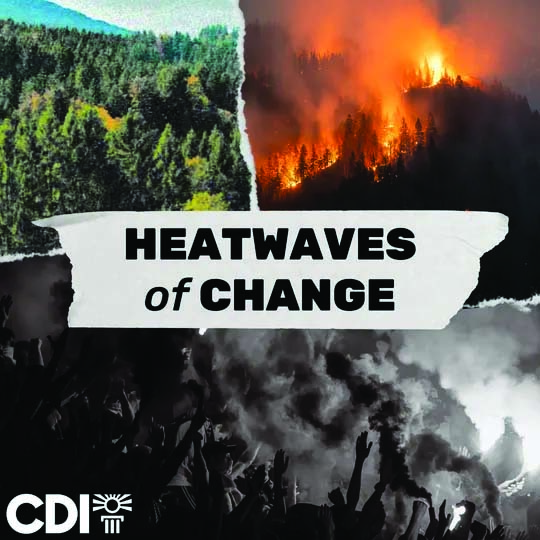
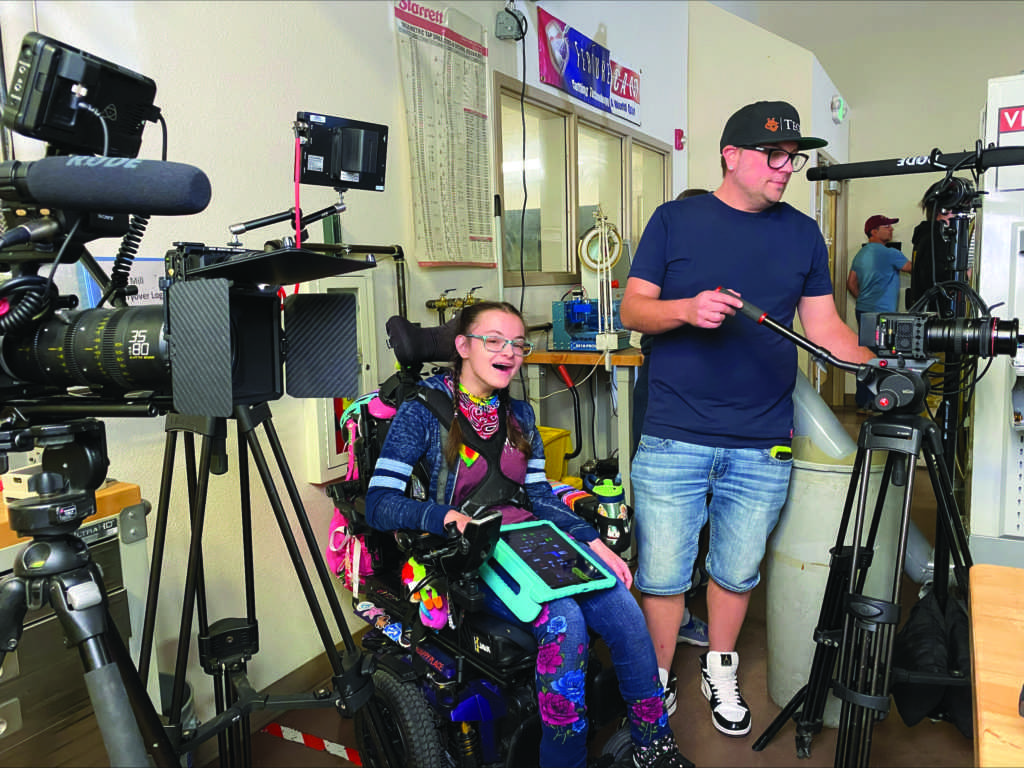
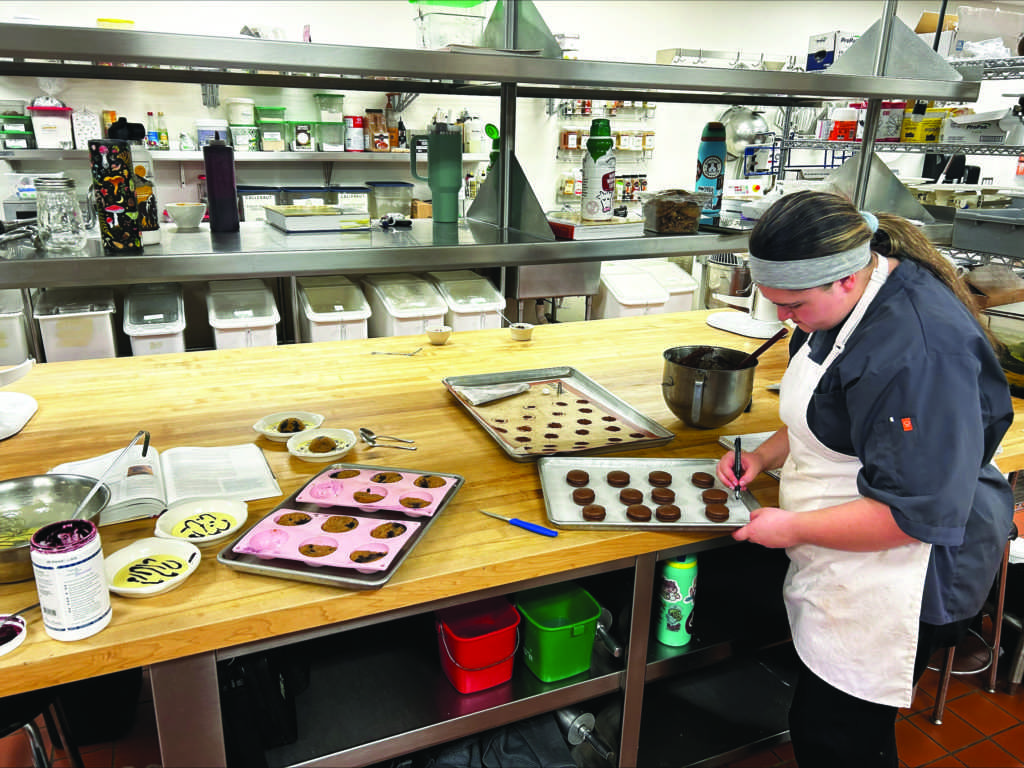
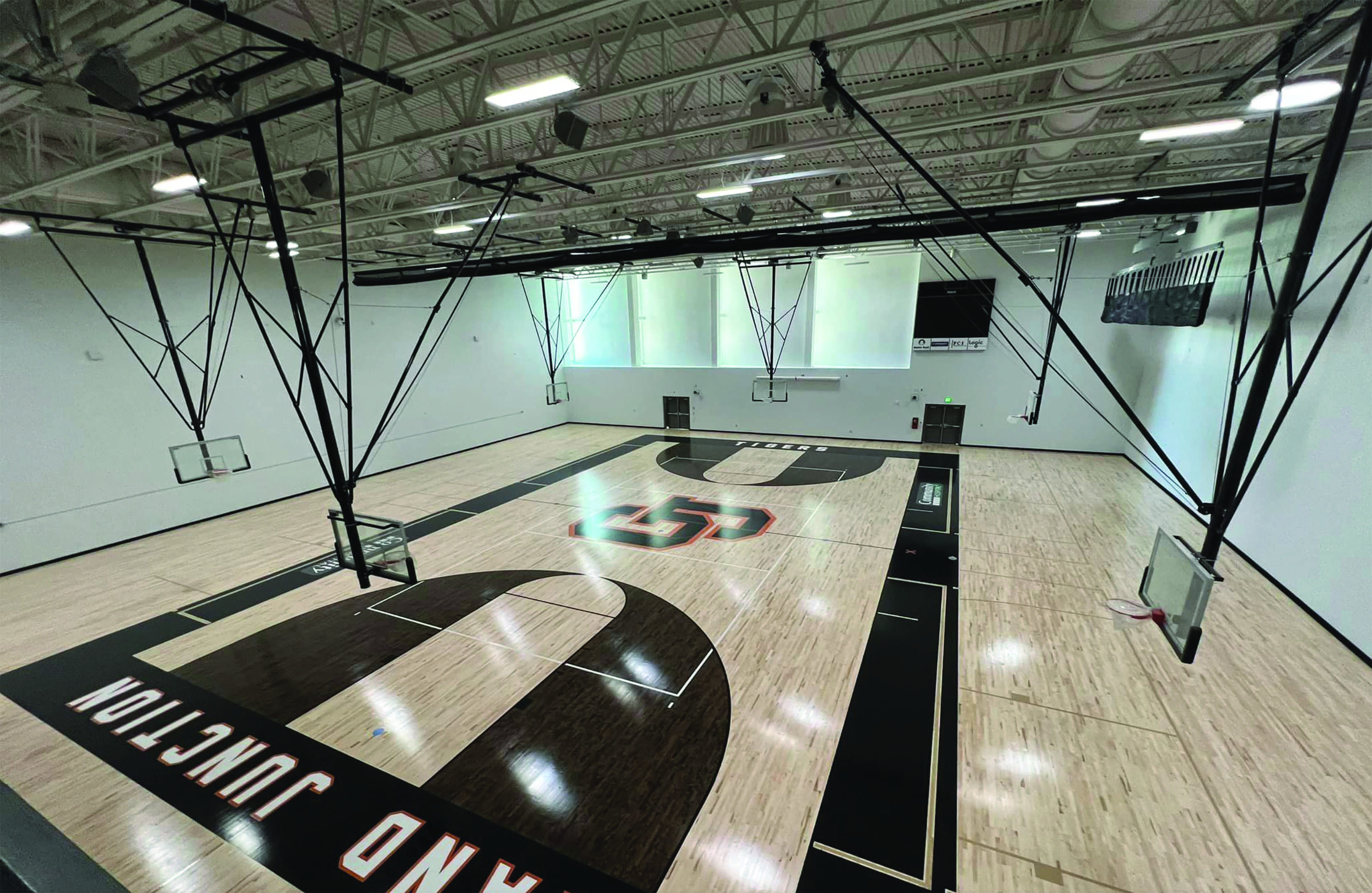
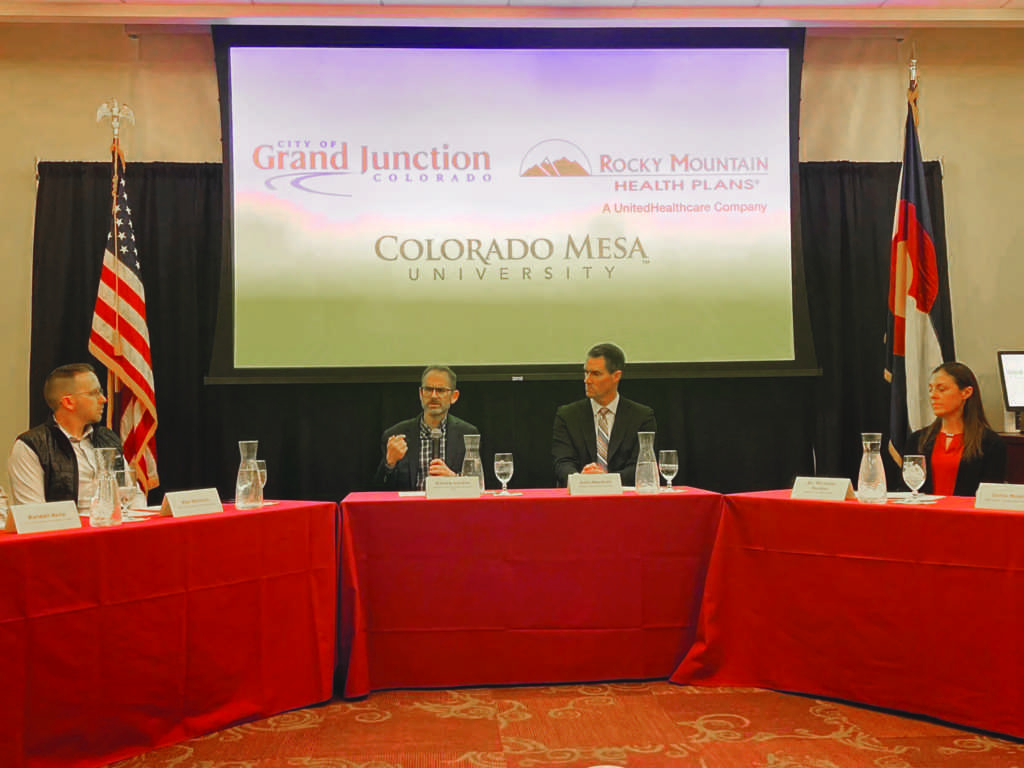
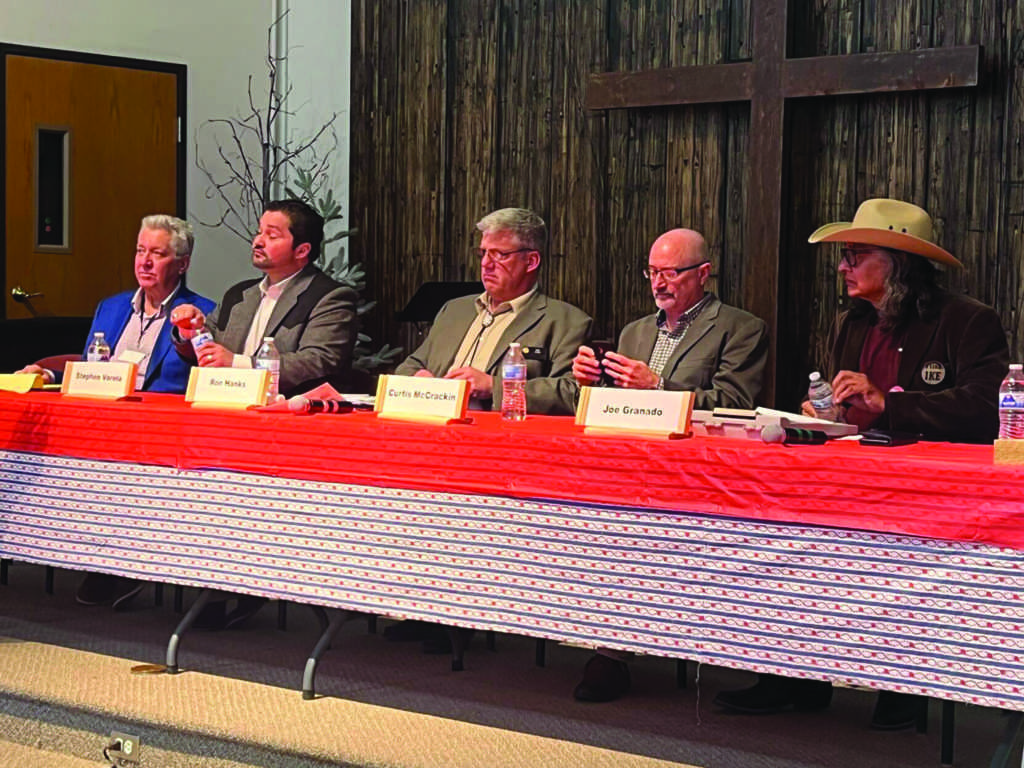
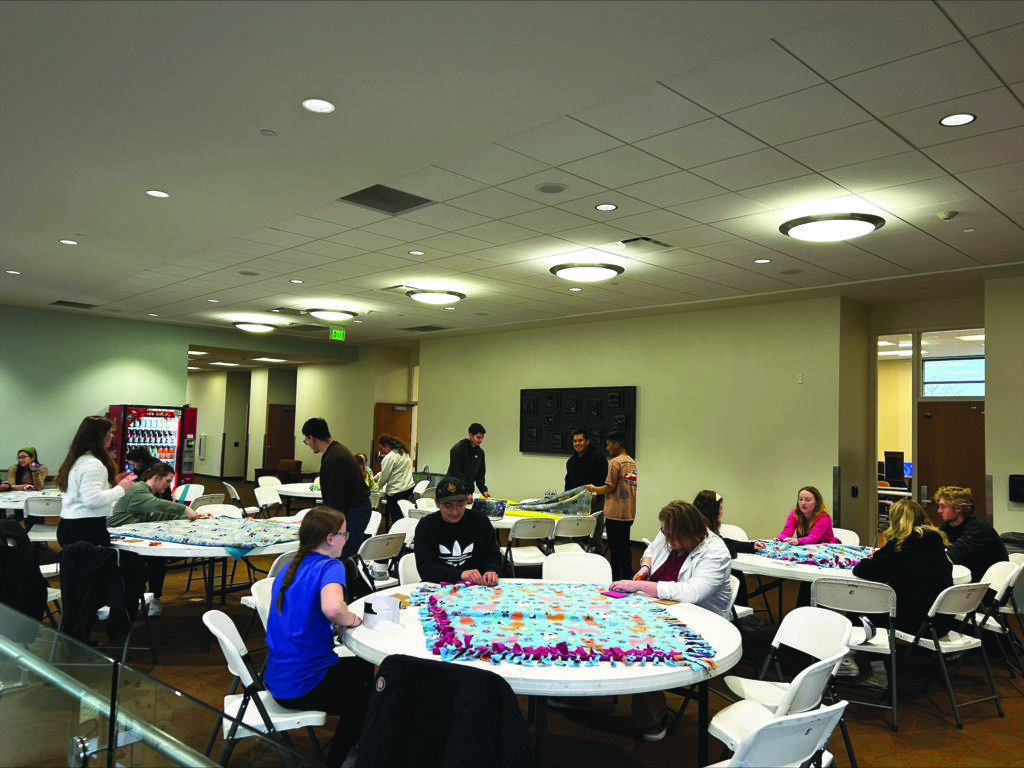

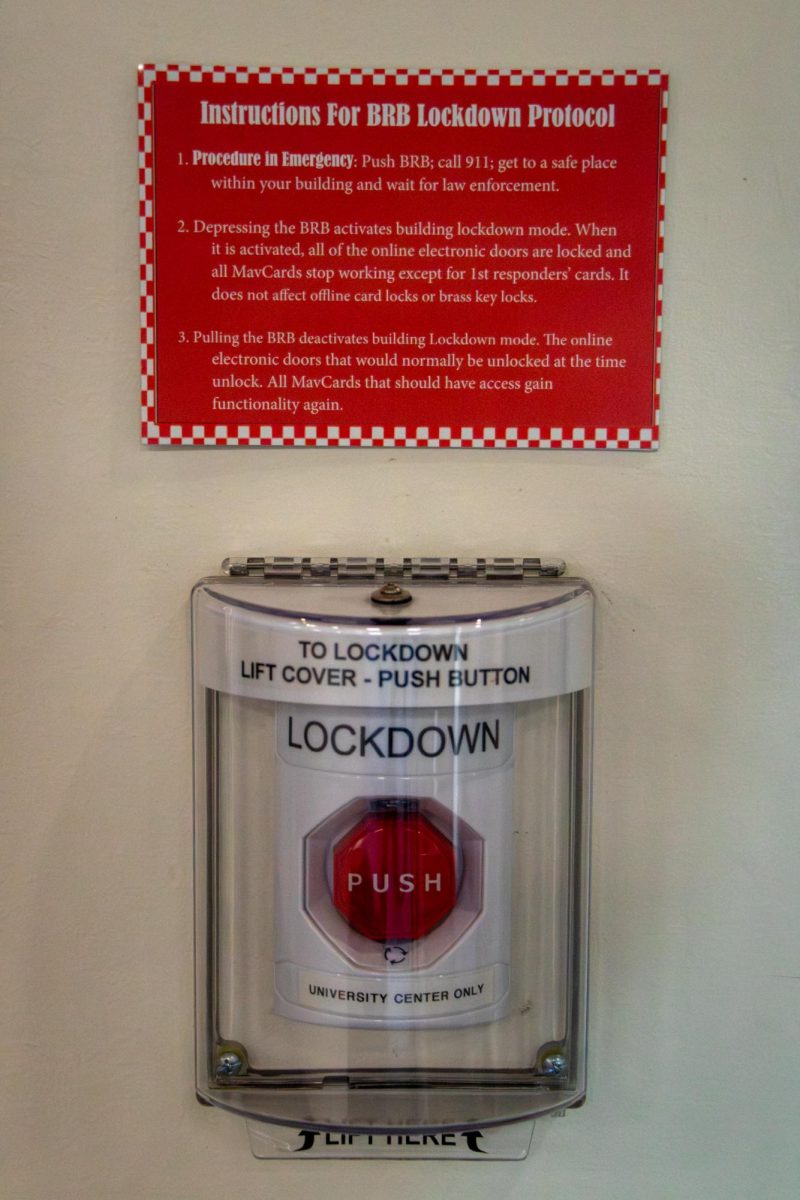
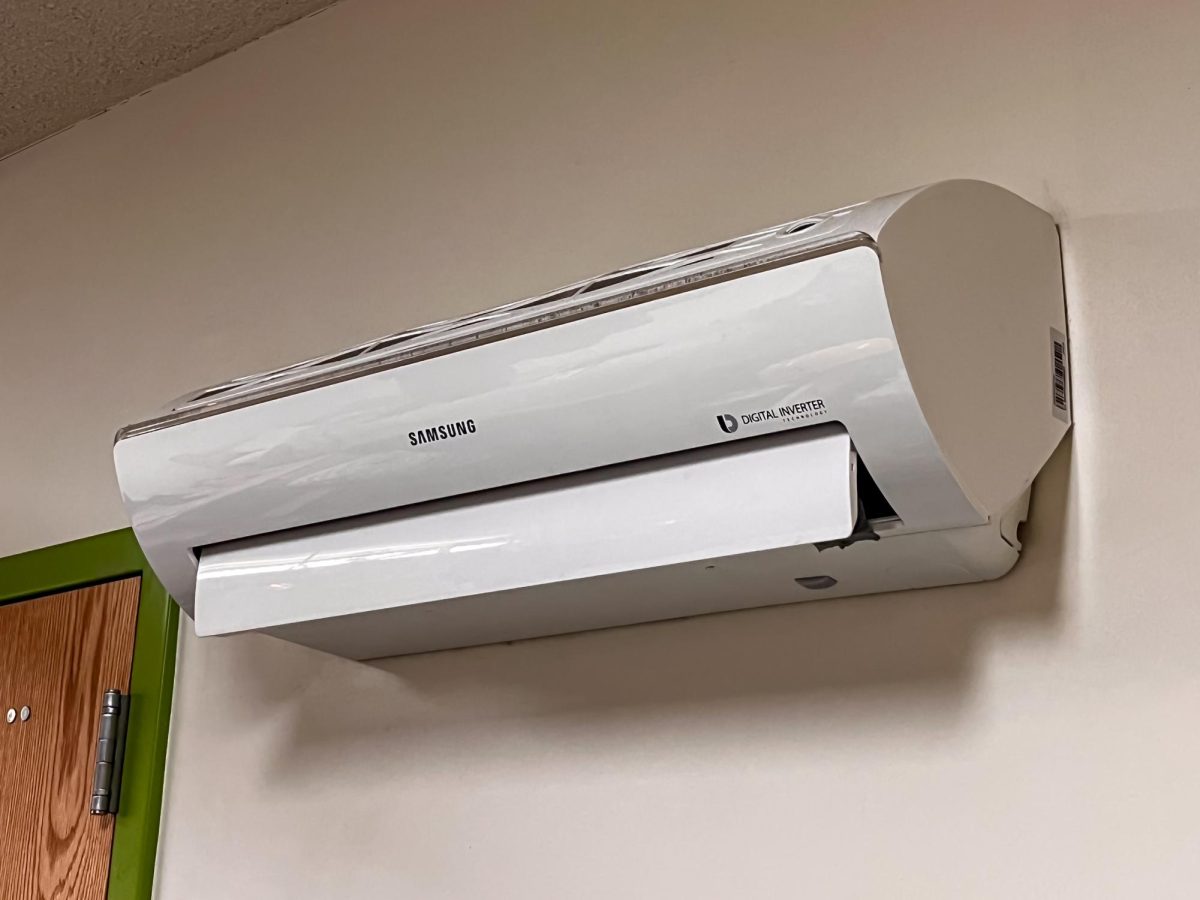
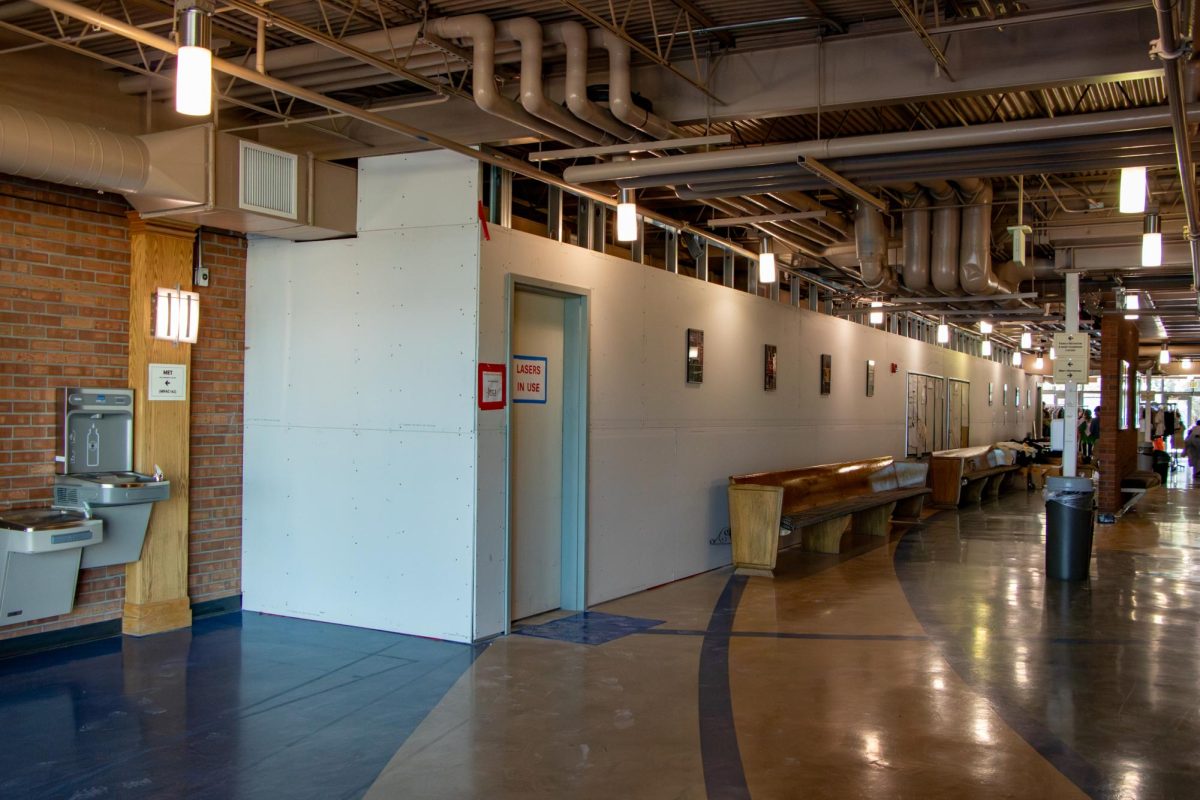
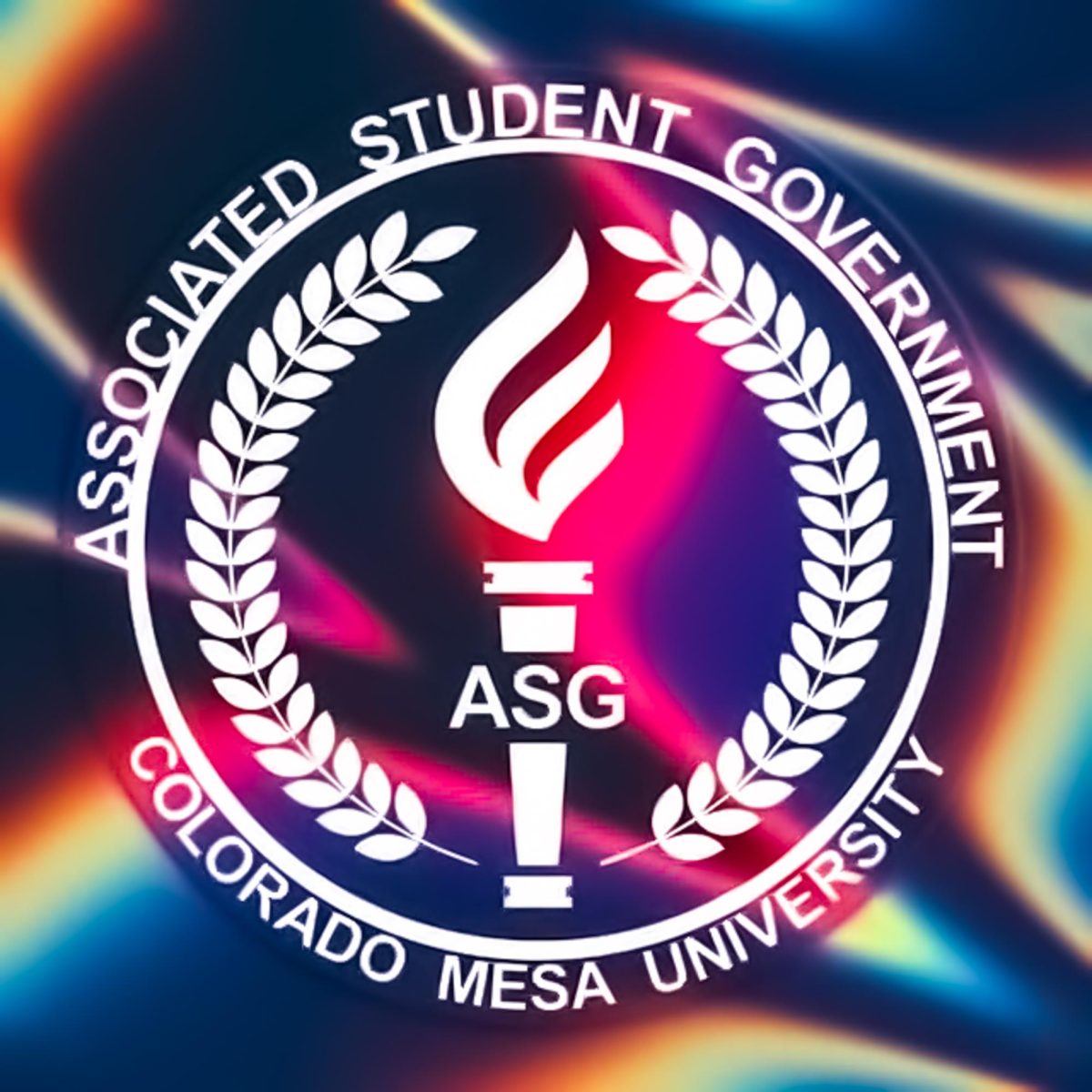
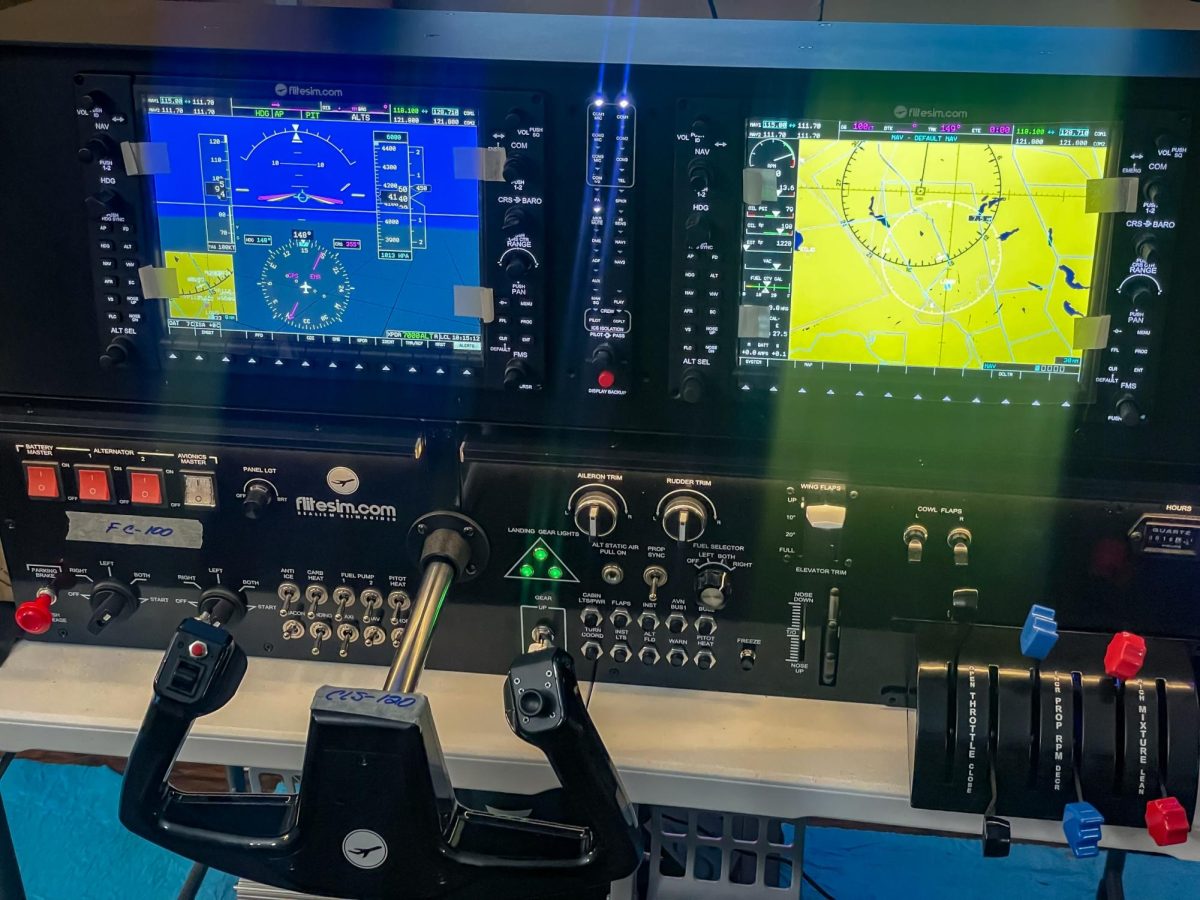
rebecca Levy • Mar 29, 2018 at 1:38 pm
My mom’s remains were supposed to be cremated at Sunset Mesa in 2016. I feel like there will always be a shroud of doubt as to what happened to her body now. I am very grateful that CMU is offering to help test the remains for the families. It is beyond unacceptable that there are not regulations and standards that each mortuary or body donation service has to follow, and that they are not regularly inspected. I hope that at least this leads to some governmental oversight in Colorado.